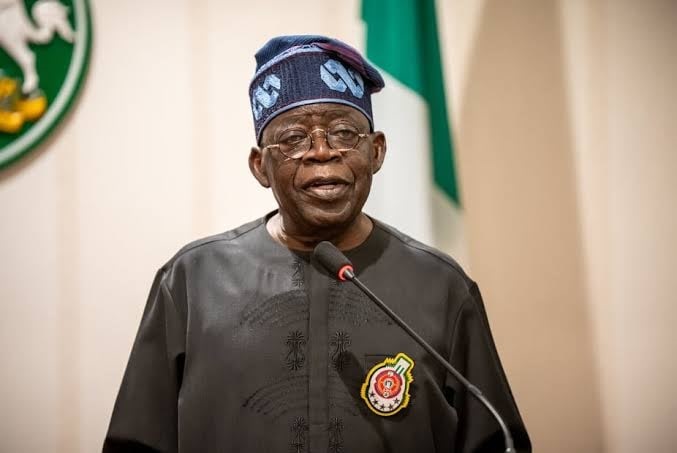Nigerian linguists and language policy scholars have advised the Federal Government (FG) to rethink its decision to drop indigenous languages as the mode of instruction in basic education arms.
The experts expressed their minds in separate interviews with the News Agency of Nigeria (NAN) in Ibadan on Tuesday.
NAN recalls that the Minister of Education, Dr Tunji Alausa, had earlier announced that English would now be the sole instruction medium from pre-primary to tertiary level.
Alausa, speaking at a British Council-sponsored event, argued that the previous policy, which recommended mother-tongue instruction in lower primary schools, contributed to failure rates in WAEC, NECO and JAMB examinations.
The experts, however, said that the claim lacked empirical support and ran contrary to global educational best practice.
They faulted the FG’s decision on this, describing the move as ill-informed, unsupported by evidence, and culturally damaging.
Prof. Solomon Oyetade, a linguist and former Dean, Faculty of Arts, University of Ibadan, said research had consistently shown that children learn best in their first language.
He cited UNESCO’s 1953 position and the 1977 National Policy on Education in support of the efficacy of using indigenous languages in teaching.
He said that the Ife 6-Year Primary Education Project, led by the late Prof. Babs Fafunwa, demonstrated the effectiveness of mother-tongue instruction in science, mathematics and literacy.
“I knew some of the pupils from the experiment; they were outstanding academically.
“To say we should jettison our mother tongues for English is unprogressive. Countries with diverse languages, like China, still develop through their own languages,” he said.
Oyetade dismissed the argument that linguistic diversity made indigenous-language instruction impossible.
According to him, standard varieties already exist for many Nigerian languages, and the nations with multiple dialects still run successful mother-tongue programmes.
Meanwhile, Dr Kola Adeniyi, Department of Linguistics and African Languages, Obafemi Awolowo University, also faulted the minister’s position.
Adeniyi described it as a sign that Nigeria did not value education or development.
“If you develop the languages, you give people access to education.
“Any nation that considers education expensive is not serious about development.
“Saying that indigenous languages cannot be developed simply means we are not interested in developing our people,” he said.
According to him, ignoring local languages undermines national security, as security agencies often lack linguistic access to communities where insurgents or criminals operate.
A Linguist and Communication Rhetoric Researcher, Dr Modupe Yusuf, said announcing the policy reversal at a British Council event reflected “linguistic imperialism”.
She also said it meant a preference for the colonial languages over Nigeria’s own knowledge systems.
“English is not a neutral language. If the minister claims the decision is data-driven, where is the data?
“The Ife experiment informed the original policy. The Ministry of Education should publish evidence before abandoning a policy it never implemented,” she said.
Another language scholar, Mr Olasoji Akindejoye, criticised the minister’s claim that indigenous-language instruction was responsible for examination failures.
He stated that there was no Nigerian study supporting such a conclusion.
Akindejoye adds that blaming mother-tongue education ignores international research that shows that bilingual and home-language instructions enhance comprehension, cognitive development and later transition to English.
A linguist who preferred anonymity told NAN that the three-year mother-tongue policy has never been implemented anywhere in Nigeria.
The respondent questioned how the minister could rely on data from a policy that was never carried out.
According to him, linguistic associations are already engaging with the government because the reversal contradicts both educational research and Nigeria’s cultural realities.





